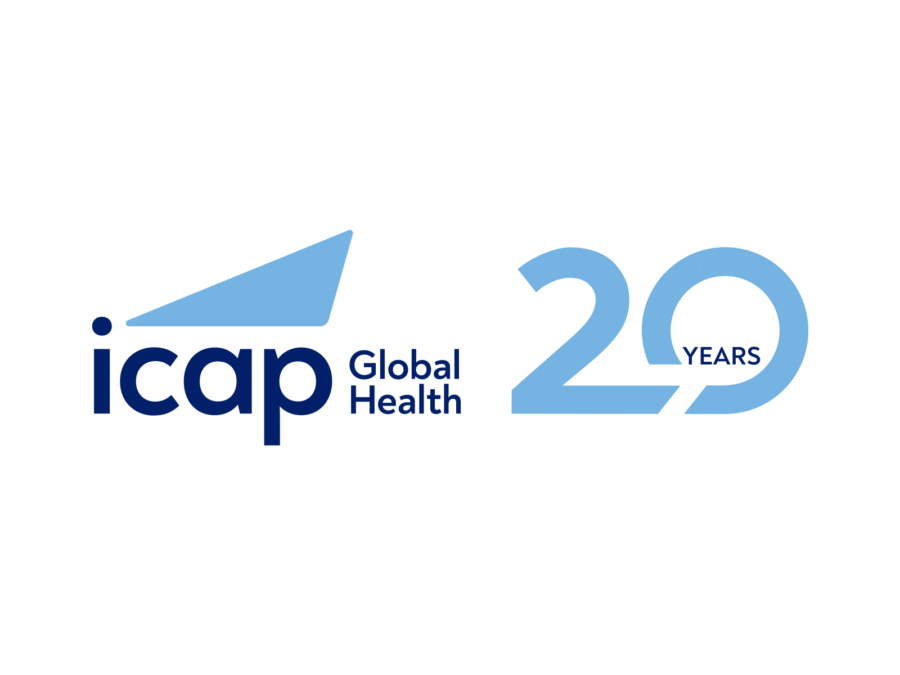Responding to the UNAIDS call for the virtual elimination of mother-to-child HIV transmission (MTCT), ICAP has partnered with ministries of health in Cameroon and the Democratic Republic of Congo to expand prevention of mother to child transmission (PMTCT) of HIV programs.
In Cameroon, nearly half of pregnant women who are HIV infected receive the necessary treatment to ensure that HIV infection is not transmitted to their child. Once born, about a quarter of the HIV exposed infants receive treatment to prevent the infection. In an effort to support the Cameroon Ministry of Health in the elimination of pediatric infections, ICAP will conduct training programs and infrastructure support to enhance data management and reporting systems, and conduct evaluations of the national PMTCT program.
Funded by the US Centers for Disease Control and Prevention (CDC), ICAP’s program in Cameroon will provide intensive technical support at the national level to ensure a comprehensive monitoring and evaluation system of PMTCT services is in place. The system will be rolled out in collaboration with the Cameroon Ministry of Health and PMTCT implementing partners through rigorous training programs and periodic joint supervision visits to district health teams and facilities. The strengthened monitoring and evaluation system will be a cornerstone of the national PMTCT elimination agenda and provide stakeholders with high-quality data for critical decision-making.
“ICAP will build on its expertise as well as the experience and inputs of national stakeholders, PEPFAR implementing partners, and others to support the national program as it works towards the critical goal of eliminating pediatric HIV infections,” said Batya Elul, director of strategic information at ICAP.
The Democratic Republic of the Congo has also prioritized the elimination of pediatric infections, putting in place a National Strategic Plan for the Fight against HIV/AIDS, which aims, among other objectives, to reduce the rate of mother to child transmission below 2 percent by 2014. In the DRC, currently only 11 percent of pregnant women receive HIV counseling and testing, and an estimated 37 percent of HIV-infected pregnant women transmit the virus to their children.
With funding from CDC, ICAP is helping to improve access to PMTCT services in Kinshasa and Lubumbashi. ICAP has assisted in national trainings of providers in PMTCT and has begun supporting PMTCT services at 10 main sites and seven satellite sites.
Looking ahead, ICAP is focusing on an ambitious expansion of PMTCT service sites and will support more than 100 such facilities in Kinshasa and Lubumbashi to improve the health outcomes of HIV-infected pregnant women through the provision of comprehensive PMTCT services. These services include counseling and testing at antenatal clinics, as well as the integration of PMTCT services and comprehensive medical care to all HIV-infected pregnant women and their first-degree family members.
While several challenges associated with the expansion of PMTCT programs exist, including fragile infrastructure and challenges in referral and tracking of patients, ICAP is drawing upon its extensive experience in supporting the implementation of PMTCT programs in 11 countries to support Cameroon and the Democratic Republic of Congo in their efforts to eliminate mother to child transmission of HIV in their countries.








